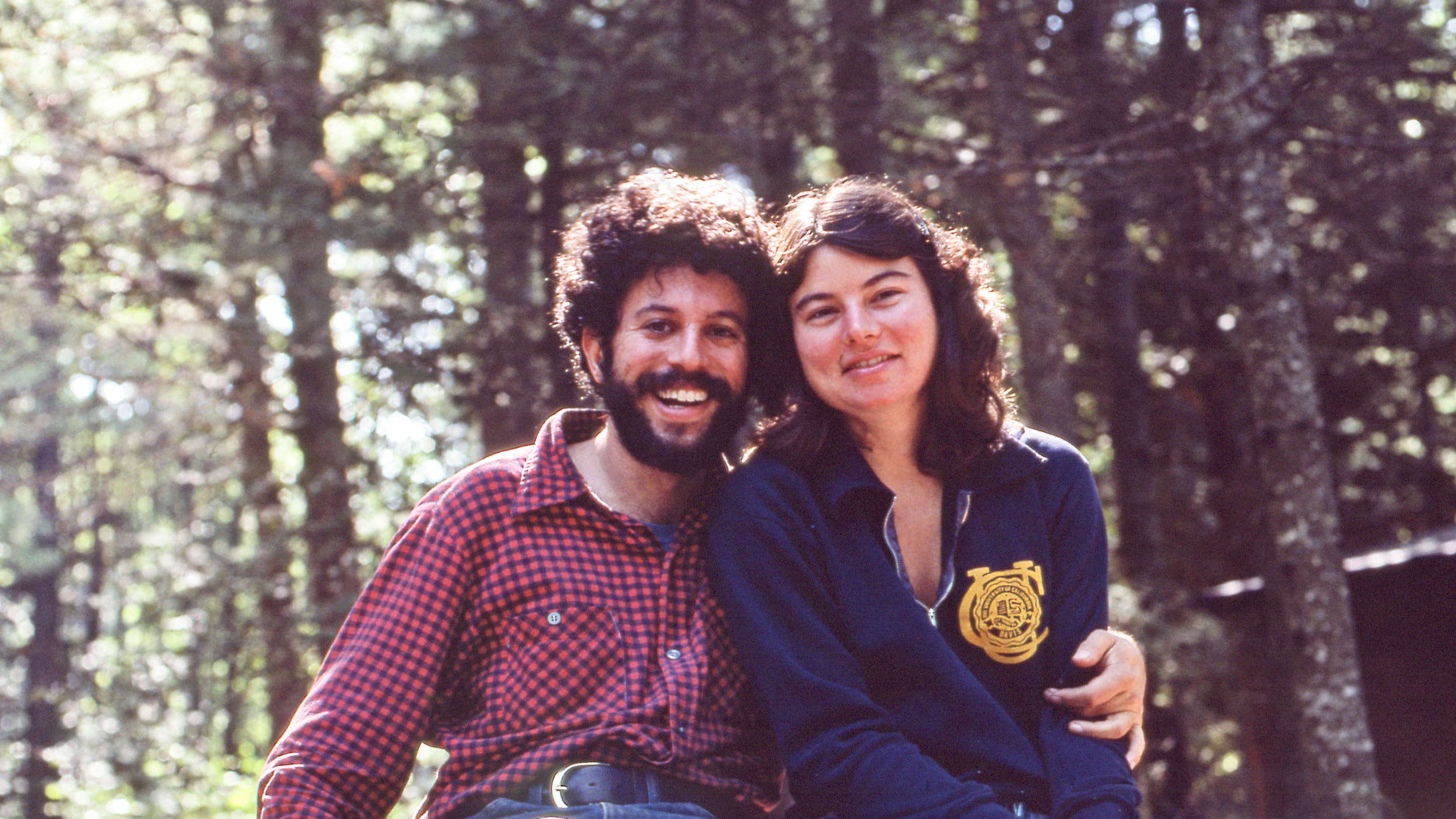Four decades on the front lines of environmental activism
Steven Lewis Yaffee, PhD ’79

“My focus has always been on social change,” says Steven Lewis Yaffee, PhD ’79, a professor of natural resources and environmental policy at the University of Michigan. “On training practitioners to go out and effect change in the real world.”
Yaffee caught the eco bug in middle school in Maryland when he read Rachel Carson’s now seminal book Silent Spring. At the University of Michigan, he studied wildlife and aquatic science as an undergraduate and then earned a master’s degree in policy. At his first job, working on energy facility siting at Oak Ridge National Laboratory, he met MIT professor Lawrence Susskind, who encouraged him to enroll in the environmental policy PhD program at MIT’s Department of Urban Studies and Planning (DUSP).
“MIT helped me in so many ways,” says Yaffee, who taught MIT’s first undergrad course in environmental issues as a PhD student. “I learned how to best reach my audience in the classroom,” he says. “DUSP also taught me decision-making dynamics and processes. And last but certainly not least, it was at MIT where I met the love of my life and my closest colleague, Julia Wondolleck.” Yaffee and Wondolleck, MCP ’80, PhD ’83, overlapped at DUSP for two years and married in the MIT chapel in 1983. She recently retired after 38 years of teaching at the University of Michigan.
Yaffee, who has written or coauthored six books, has seen myriad evolutions and changes during his four decades on the front lines of environmental activism and education. “In the 1970s, the issues were much more local, and activism was more grassroots,” he observes. “It was much easier to reach consensus on action. Today, with environmental issues expanding from local to global, it’s much harder to get traction, especially when working across national borders. The debate is also far more politicized than in the past. Social media has helped generate a broad skepticism of science and expertise.”
Despite these challenges—and the very real threat posed by climate change—Yaffee has lost neither his enthusiasm nor his righteous indignation. He says he still finds reasons for hope each day in the classroom, and each time he, his colleagues, and his students play together in the Ecotones, a jazz band he directs at Michigan’s School for Environment and Sustainability.
“In many ways, making music is a lot like the negotiation techniques I teach in class,” says Yaffee, who plays keyboards. “You have a lot of discordant parts, and you have to find a process to put them together so that what comes out is music and not just noise.”
Keep Reading
Most Popular
Large language models can do jaw-dropping things. But nobody knows exactly why.
And that's a problem. Figuring it out is one of the biggest scientific puzzles of our time and a crucial step towards controlling more powerful future models.
The problem with plug-in hybrids? Their drivers.
Plug-in hybrids are often sold as a transition to EVs, but new data from Europe shows we’re still underestimating the emissions they produce.
Google DeepMind’s new generative model makes Super Mario–like games from scratch
Genie learns how to control games by watching hours and hours of video. It could help train next-gen robots too.
How scientists traced a mysterious covid case back to six toilets
When wastewater surveillance turns into a hunt for a single infected individual, the ethics get tricky.
Stay connected
Get the latest updates from
MIT Technology Review
Discover special offers, top stories, upcoming events, and more.